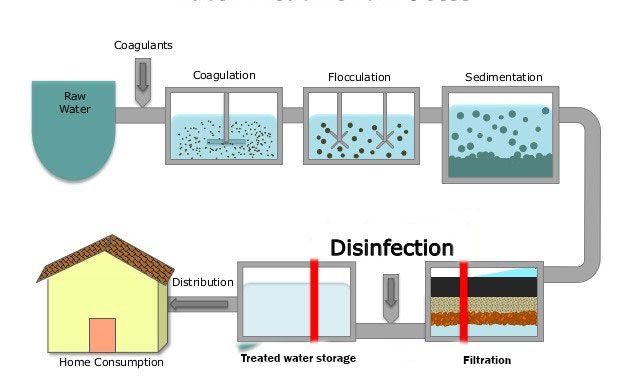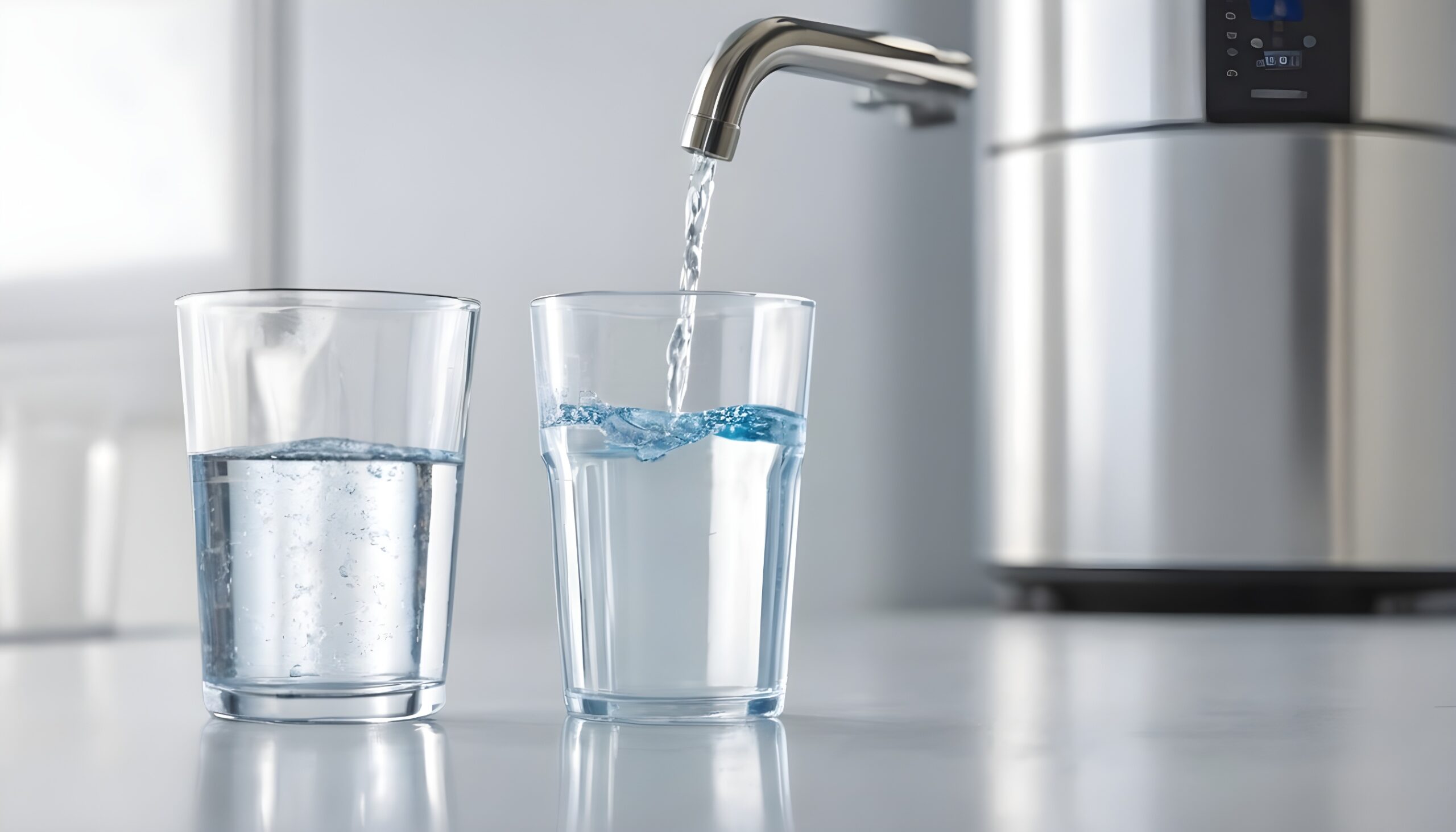Why a Water Filtration System Is Crucial for Tidy, Safe Water
Accessibility to tidy, risk-free water is a basic human right and a cornerstone of public health and wellness. A water filtration system stands as a critical option to minimize these risks, making sure that individuals and neighborhoods can access safe drinking water.
Importance of Clean Water
Access to clean water is a fundamental necessity for human health and wellness. Polluted water can lead to severe wellness concerns, consisting of stomach illnesses, cholera, and dysentery, particularly in at risk populaces such as kids and the senior.
Additionally, clean water is crucial for cleanliness and health methods, which are vital in preventing the spread of transmittable diseases. Adequate water sustains appropriate cleanliness facilities, advertising a much healthier environment. In addition, access to safe water affects socioeconomic aspects, as it enables communities to take part in industrial and farming tasks, inevitably adding to economic advancement.
In numerous regions, the absence of tidy water exacerbates poverty and inequality, further preventing progression towards lasting advancement goals. Making certain accessibility to tidy water is not just a public health and wellness crucial however also a foundation for social equity and financial growth. Efforts to boost water top quality and facilities have far-ranging benefits, promoting much healthier communities and improving lifestyle.

Common Contaminants in Water
Ensuring the availability of clean water is undermined by numerous pollutants that can endanger its safety and security and high quality. The presence of virus, such as infections, microorganisms, and bloodsuckers, presents significant wellness dangers, particularly in locations lacking adequate cleanliness. These microorganisms can bring about waterborne conditions, causing severe illness or even fatality.
Chemical impurities likewise offer an important worry. Heavy metals, consisting of lead, arsenic, and mercury, commonly go into water products through commercial discharges or rusty pipes. These compounds can accumulate in the body gradually, leading to long-lasting wellness issues such as neurological damage and developing problems.
Furthermore, farming drainage presents chemicals and fertilizers into water systems, which can interrupt ecological communities and negatively effect human health and wellness. Nitrates, generally found in fertilizers, can create significant problems like methemoglobinemia, specifically in babies.
Advantages of Water Purification Systems
Recognizing the vital requirement for safe drinking water, water purification systems offer a myriad of benefits that enhance public wellness and ecological sustainability. Largely, these systems successfully eliminate damaging impurities, consisting of germs, viruses, heavy metals, and chemicals, making certain that the water eaten is cost-free from contaminants and microorganisms. This decrease in pollutants considerably reduces the risk of waterborne illness, promoting overall neighborhood health.
In enhancement to wellness advantages, water filtration systems add to ecological sustainability by lowering reliance on bottled water, which typically produces too much plastic waste. By making use of a purification system, homes can reduce their carbon impact and add to an extra sustainable ecological community. These systems can boost the taste and smell of water, making it extra tasty for daily consumption.

Different Types of Filtration Techniques

One usual technique is reverse osmosis, which uses a semi-permeable membrane to different water from dissolved impurities and solids. This process effectively reduces contaminations, consisting read this article of heavy steels and chemicals. Another extensively made use of method is ultraviolet (UV) disinfection, which employs UV light to reduce the effects of microorganisms and viruses, rendering them safe without using chemicals.
Activated carbon purification is another popular strategy, utilizing carbon to adsorb natural compounds, chlorine, and undesirable odors, improving preference and smell quality. Distillation, a process that entails boiling water and condensing the steam, successfully eliminates impurities and minerals but may call for more energy contrasted to various other techniques.
Ion exchange is commonly utilized to soften water by replacing calcium and magnesium ions with sodium or potassium ions. Each method has its benefits and limitations, making it necessary to comprehend their capabilities and performance in attending to certain water high quality problems - Water Purification System. Inevitably, picking the ideal filtration technique is crucial for making sure clean and secure drinking water
Selecting the Right System
Selecting an ideal water purification system calls for careful factor to consider of numerous variables, including the specific pollutants present in the supply of water, the volume of water required, and the preferred purification method. Initially, it is crucial to perform a water quality test to determine impurities such as microorganisms, heavy steels, or chemical contaminants. This details will certainly guide you in picking a system that effectively targets those certain impurities.
Following, assess your home's everyday water usage to establish the system's ability. Systems are readily available in various dimensions, from point-of-use filters for drinking water to whole-house devices that cleanse all water entering your home.
Additionally, take into consideration the filtration approach that finest fits your demands. Reverse osmosis is very effective for eliminating a broad range of pollutants, while UV filtration is excellent for getting rid of bacteria.
Final Thought
In final thought, the application of water filtration systems is important for making see it here sure access to risk-free and tidy water. By understanding the significance of tidy water and the benefits of numerous filtration techniques, areas can make informed decisions to safeguard their health and promote socioeconomic security.
Identifying the essential need for secure alcohol consumption water, water purification systems supply a myriad of benefits that boost public health and environmental sustainability.In addition to health and wellness benefits, water filtration systems add to environmental sustainability by lowering reliance on bottled water, which often produces too much plastic waste. Ultimately, the adoption of water purification systems is an aggressive step towards making certain clean, secure water for future generations while guarding public wellness and the setting.
Picking an appropriate water filtration system requires careful factor to consider of numerous aspects, consisting of the particular contaminants present in the continue reading this water supply, the volume of water required, and the desired purification approach.In final thought, the execution of water purification systems is important for guaranteeing access to clean and risk-free water.